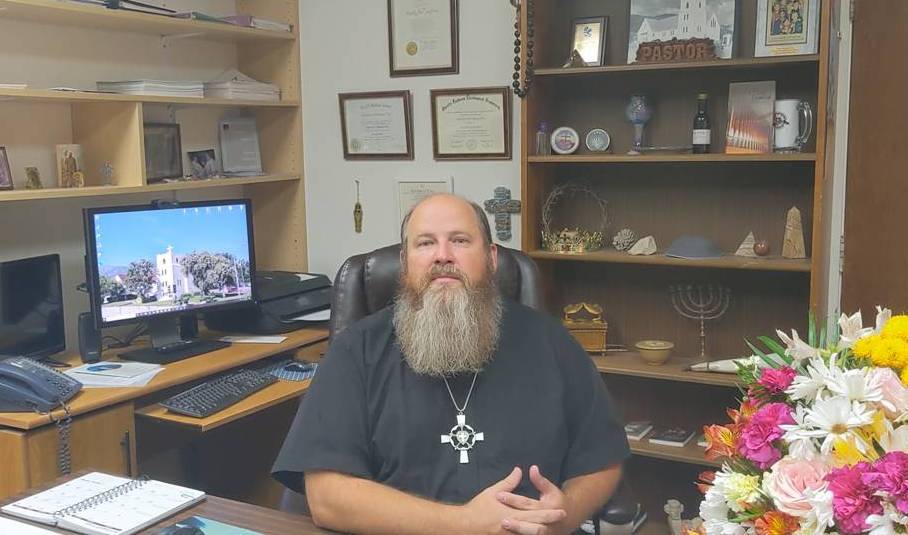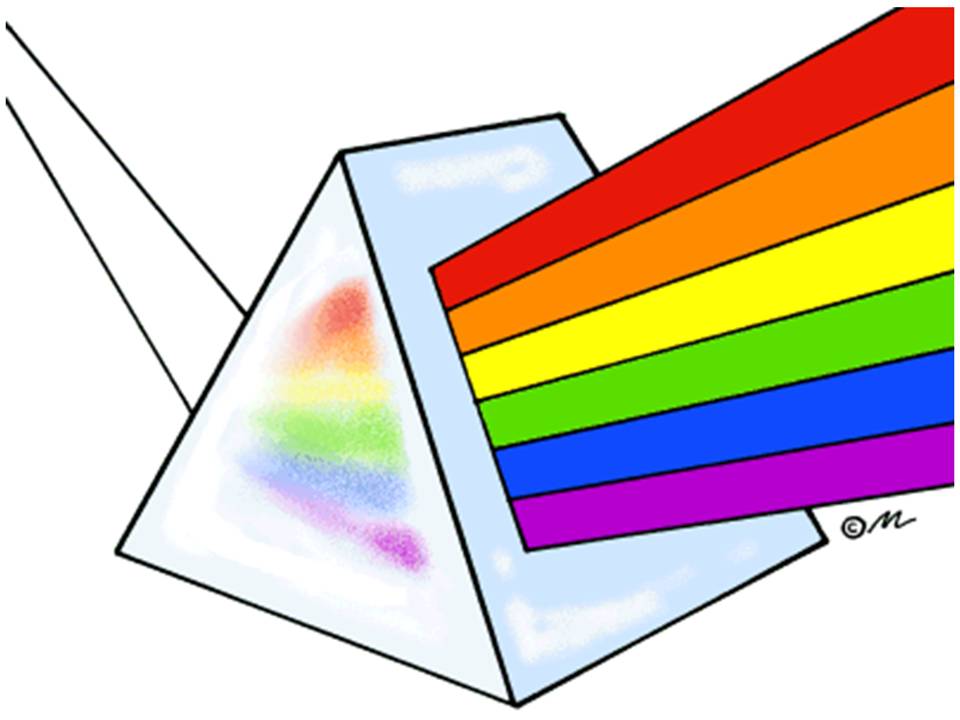I consider myself a science buff; not an expert, but an informed enthusiast. Consequently, ever since the successful deployment of the James Webb Space Telescope (JWST), I’ve been amazed by its unequalled ability to see through time and space into the deep history of the cosmos. Of course, as a Christian, I always emphasize that the evolution of the universe was not by “chance” processes, but by the designs of the infinite and eternal Mind of God. That is, according to the principles of both faith and reason, it is quite clear that the entire universe (from the very large scale to the infinitesimally small) is intentionally fine-tuned toward the manifestation of life. And this reality leans strongly toward the conclusion that the genesis and evolution of all things is not by chance.
Interestingly, the science of quantum physics tells us that there are eleven dimensions in order for the universe to make mathematical sense, and this tells us that there are higher aspects to existence than we perceive with our five physical senses. We can use mathematics and creative metaphors to describe these higher dimensions, but we can never truly wrap our minds around the reality that our existence has far more dimensions than we can fully comprehend. Nor can we wrap our minds around the scientific fact that there was a “time” before time and space. And of course, the fact that our universe is so finely orchestrated to produce life is a clear indication of a Grand Orchestrator — an infinite, eternal and transcendent Orchestrator of all that is, both seen and unseen.
Certainly, there are still those who seek to perpetuate the archaic notion that there is a war between faith and reason. They insist that a person must be either spiritual or rational, but not both. I completely disagree with this false dichotomy. Science addresses a certain set of questions and religion addresses another set of questions. In other words, science addresses questions dealing with the function of the universe, while religious faith addresses the meaning of it all. Therefore, these are not mutually exclusive pursuits. Rather, while respecting the boundaries and limitations of both science and religious faith, these are actually complementary disciplines. Simply put, to be a person of faith does not mean that you have to turn off your intellectual self, and to be a person of science does not mean that you have to turn off your spiritual self. We can be both scientific and faithful.
So, how does the Resurrection of Jesus the Universal Messiah factor into all of this cosmic evolution? Could it be that resurrection itself is a “quantum leap” forward in God’s evolution of our universe? Could it be that God, who is beyond time and space, is drawing all things toward his universal renewal? In other words, by Divine Providence, we can say that God is still creating and re-creating, and that we might not know exactly what the future holds, but we have come to know the One who holds the future.
What a blessing it is to live every single day in a personal relationship with the Creator and Redeemer of the entire cosmos! And in Christ Jesus our Lord and Savior, we intuitively know this truth according to the spiritual “sixth sense” of God’s grace through faith by the power of God’s Holy Spirit.
The gospel truth is that God is still creating, renewing and redeeming, and this is what resurrection life is all about. For the Apostle Paul writes in First Corinthians 15…
“I handed on to you as of first importance what I in turn had received: that Christ died for our sins in accordance with the Scriptures, and that he was buried, and that he was raised on the third day in accordance with the Scriptures, and that he appeared to Peter, then to the Twelve. Then he appeared to more than five hundred brothers and sisters at one time, most of whom are still alive, though some have died. Then he appeared to James, then to all the Apostles. Last of all, as to one untimely born, he appeared also to me. For I am the least of the Apostles, unfit to be called an Apostle, because I persecuted the Church of God… What you sow does not come to life unless it dies. And as for what you sow, you do not sow the body that is to be, but a bare seed, perhaps of wheat or of some other grain… So it is with the resurrection of the dead. What is sown is perishable, what is raised is imperishable. It is sown in dishonor, it is raised in glory. It is sown in weakness, it is raised in power. It is sown a physical body, it is raised a spiritual body. As there is a physical body, there is also a spiritual body.” – (1 Corinthians 15: 3-9, 36b-37, 42-44)
From Easter Sunday through all seven weeks of Eastertime, we have been commemorating and celebrating (“as of first importance”) the living hope of resurrection life with Jesus in the Eternal Kingdom of our Heavenly Father. Because of our Lord Jesus Christ, we Christians believe and trust in “the communion of saints, the forgiveness of sins, the resurrection of the body, and the life everlasting” (from the Apostles’ Creed). And the Apostle Paul described this resurrection of the body as relating to some sort of “spiritual body” (First Corinthians 15:44) that has the following supernatural characteristics: imperishable, glorified and powerful. Thanks be to God!
So the New Testament declaration is that resurrection life beyond this present life is the ultimate stage of our existence in Christ, and the Resurrection of our Lord is the foretaste of the great universal resurrection yet to come. Like a caterpillar before its metamorphosis into a butterfly, unable to conceive of flying in the sunlight from flower to flower, we also cannot conceive “what God has prepared for those who love him” (First Corinthians 2:9d). And the eventual “end” of our ever-expanding (and accelerating) universe shall be the fulfillment and consummation of all things (of all worlds and all beings) in the One Eternal God of All.
Hallelujah! Jesus is Lord! Christ is risen!
Together in Resurrection Hope, Pastor Tim



